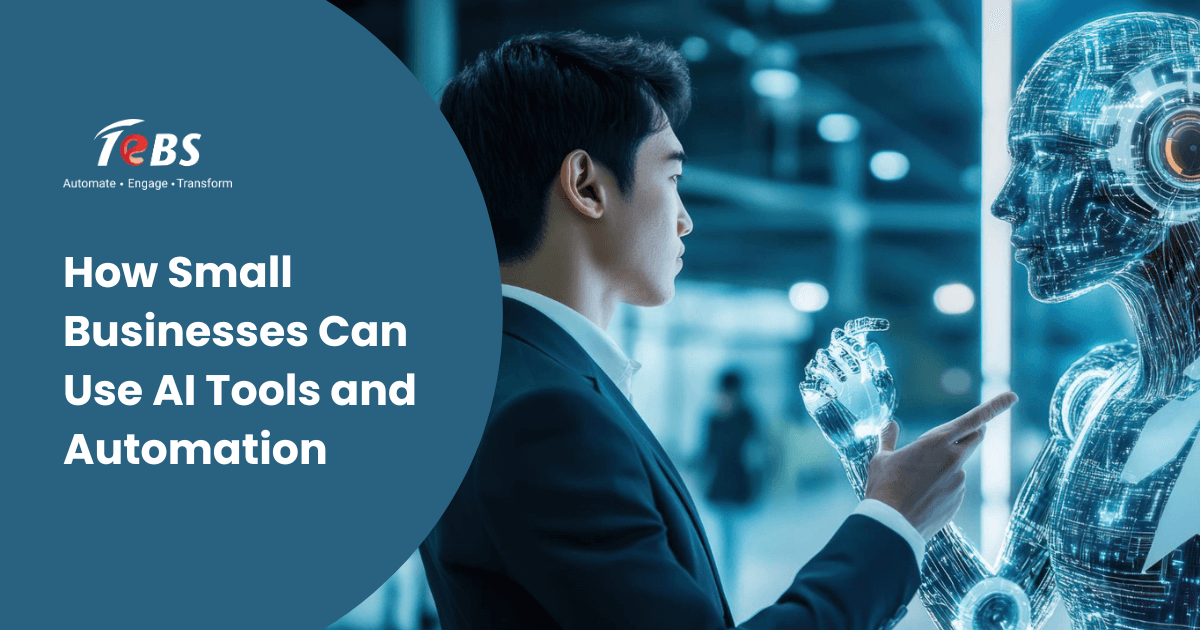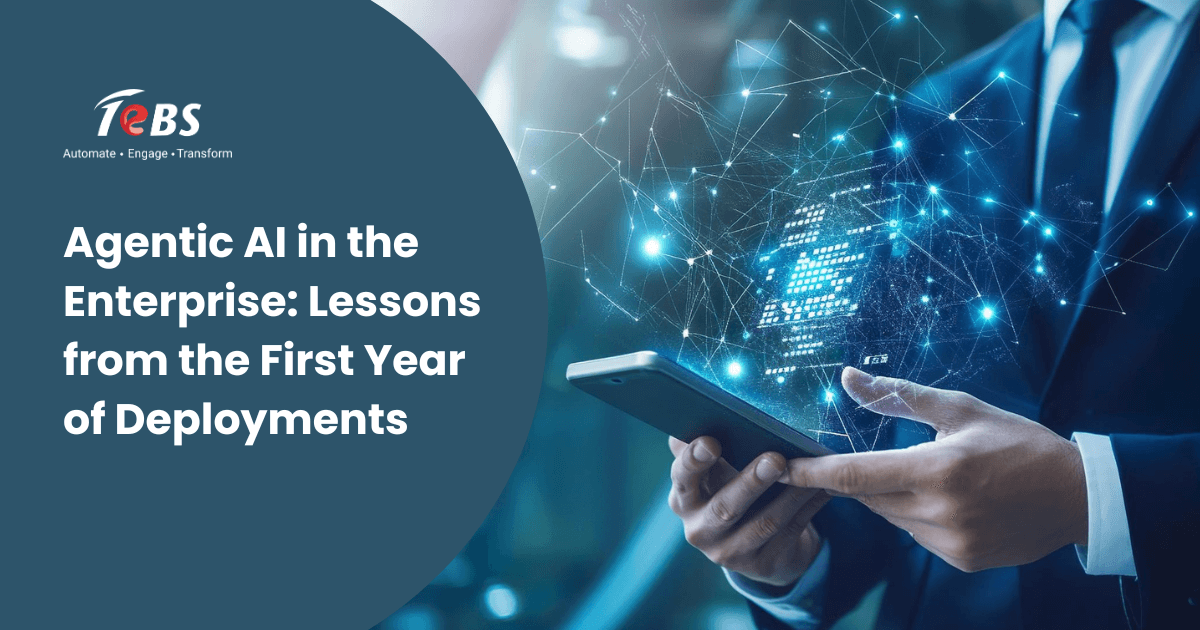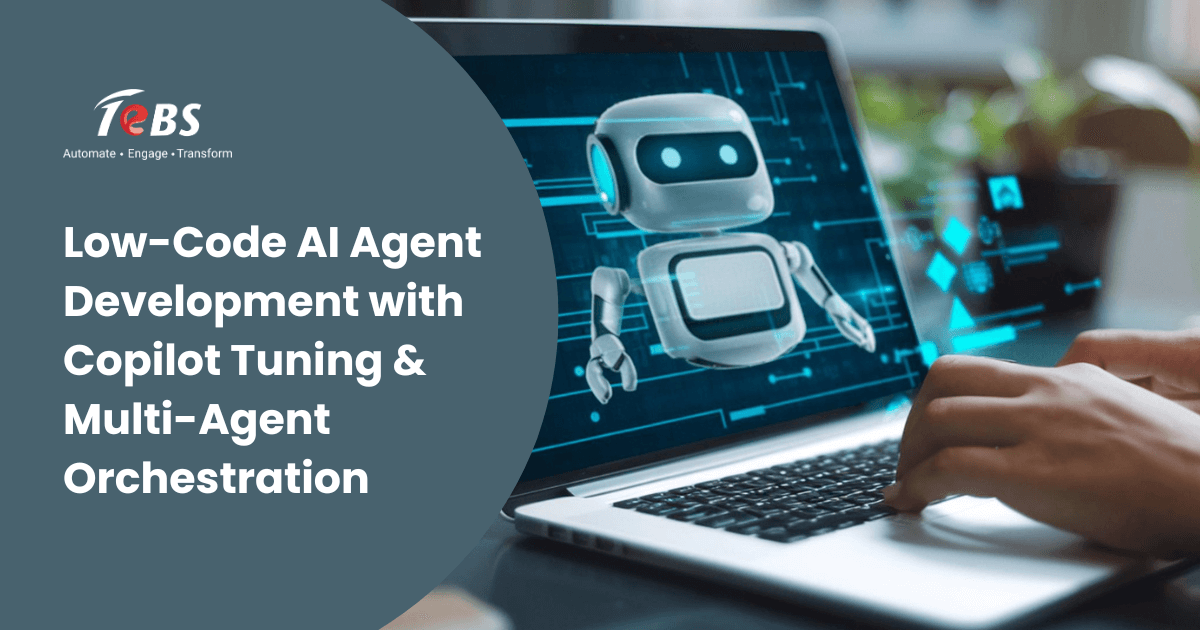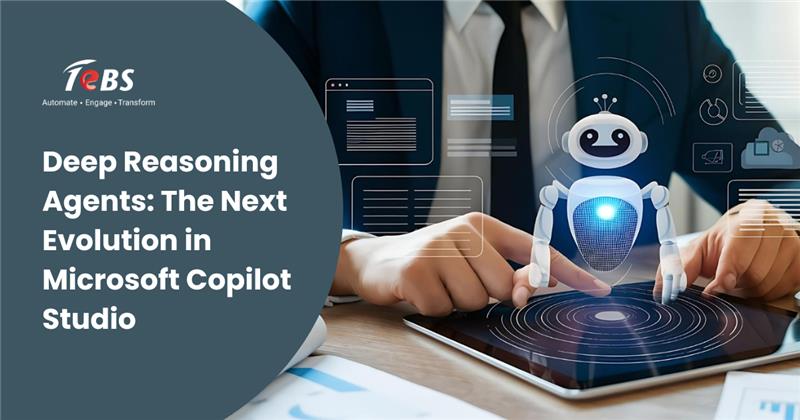Introduction: Why AI is No Longer Just for Big Enterprises
For many years, Artificial Intelligence (AI) was seen as a technology reserved for large corporations with deep pockets and sophisticated IT infrastructure. However, the rapid evolution of AI technologies and the growing availability of affordable cloud-based solutions have shifted this perception. Today, AI tools and automation are within the reach of small businesses, enabling them to compete effectively in a fast-changing marketplace.
Small businesses face unique challenges such as limited staff, tighter budgets, and the need to maximize efficiency at every stage of operations. AI ML solutions can help address these challenges by automating repetitive tasks, offering actionable insights, and enhancing customer engagement. Instead of being a distant, futuristic concept, AI is now a practical, everyday tool that can empower small businesses to grow, adapt, and thrive.
From automating customer relationship management to predicting market trends, AI is no longer a luxury — it has become a necessity for staying competitive.
Affordable AI Tools Small Businesses Can Use
One of the most exciting developments for small businesses is the rise of cost-effective AI tools designed specifically for their needs. These tools do not require massive upfront investments or complex technical setups. Here are some key categories:CRM Automation
Customer Relationship Management (CRM) platforms with AI capabilities can help small businesses manage leads, track customer interactions, and automate follow-ups. Tools like HubSpot, Zoho CRM, and Microsoft Dynamics 365 provide AI-powered features such as predictive lead scoring, workflow automation, and smart reporting. This ensures sales teams focus on the most promising leads and build stronger relationships with customers.Email Marketing Tools with AI
Email marketing remains one of the most cost-effective ways to reach customers, and AI can significantly improve campaign results. Platforms like Mailchimp use AI to personalize email content, suggest optimal send times, and analyze campaign performance. This ensures small businesses deliver targeted messages that resonate with their audience, driving higher engagement and conversions.Predictive Analytics Tools
Predictive analytics helps businesses make informed decisions by forecasting future trends based on historical data. Tools like Tableau with AI features, or even AI-driven Excel add-ons can predict customer purchasing behavior, sales trends, and inventory needs. Small businesses can use these insights to plan better, reduce waste, and optimize resources.Chatbots and Virtual Assistants
AI-powered chatbots can handle routine customer queries, provide instant responses, and work 24/7. For small businesses with limited customer support staff, chatbots are an affordable way to enhance service without increasing payroll costs. Virtual assistants can also manage appointments, answer FAQs, and escalate complex queries to human staff.
Learn how TeBS supports organizations with intelligent AI business process automation tailored for real-world impact.
Use Cases by Department
AI tools can be applied across different functions within a small business, creating a ripple effect of efficiency and improved performance.AI in Customer Service
Customer service is a critical factor in customer retention and satisfaction. AI-powered solutions like chatbots and automated helpdesk systems can manage high volumes of inquiries without requiring additional staff. They can quickly address common questions, guide users to resources, and collect customer feedback in real time. For more complex cases, AI can route queries to the right support team member, ensuring faster resolution times.Automating Sales Processes
AI-driven sales automation tools can handle time-consuming administrative work, freeing up sales teams to focus on relationship building and closing deals. Features such as automated lead scoring, AI-generated sales insights, and automated follow-up reminders ensure that no potential opportunity slips through the cracks. This not only boosts sales productivity but also shortens the sales cycle.
Explore how TeBS enabled a legal service provider to streamline operations using automation in this case study.
Simplifying HR Tasks
Human Resources departments in small businesses often operate with minimal staff. AI can help by automating recruitment processes, screening resumes, and even conducting initial candidate assessments through AI-based chatbots. Tools can also help track employee performance, manage leave requests, and provide insights into workforce productivity. This reduces administrative burden and allows HR teams to focus on employee engagement and development. <.p>
Discover how our AI automation services help streamline repetitive HR and operational workflows for growing businesses.
Steps to Begin Your AI Journey
Adopting AI does not require an overnight transformation. Small businesses can start small and gradually scale their AI capabilities.Start Small, Scale Wisely
Begin by identifying one or two key areas where AI can deliver quick wins. For example, implementing an AI-powered chatbot for customer service or using AI-based email marketing personalization. Once you see measurable results, you can expand AI adoption to other areas of your business.Evaluate Tool Compatibility
Not all AI tools are created equal, and not all will integrate seamlessly with your existing systems. It is important to assess compatibility before investing in a new tool. Consider whether the AI solution can integrate with your CRM, accounting software, or e-commerce platform. This will help avoid data silos and ensure smooth workflows.Train Your Team
Technology alone cannot drive success — your team must understand how to use AI effectively. Offer training sessions and resources to help employees learn how to operate AI tools, interpret AI-generated insights, and adapt their workflows accordingly. Building an AI-friendly culture is key to maximizing its benefits.
For more insights on how AI is shaping business productivity, read this Microsoft blog
Conclusion: AI is Not Just the Future, It is the Now
AI and automation are no longer exclusive to large enterprises with deep technology budgets. Small businesses can now access affordable, easy-to-use AI solutions that can transform the way they operate. From customer service and sales to HR and marketing, AI can streamline processes, enhance decision-making, and enable businesses to compete on a larger scale.
The adoption of AI is not about replacing human roles but about empowering small teams to work smarter and focus on high-value activities. By starting small, choosing the right tools, and ensuring your team is equipped to use them, you can unlock the full potential of AI in your business.
If you are ready to explore how AI services can enhance your small business operations and drive measurable growth, connect with our experts today.
Contact us at [email protected] to start your AI transformation journey.
Frequently asked questions
How can small businesses use AI effectively?
Small businesses can use AI effectively by starting with targeted applications such as automating customer support with chatbots, personalizing email marketing, or using predictive analytics to guide decision-making. The key is to identify high-impact areas where AI can save time and improve efficiency.
Can AI help automate sales processes for small businesses?
Yes. AI tools can automate lead scoring, follow-up reminders, and sales pipeline management. This ensures no opportunity is missed while providing sales teams with insights on the most promising prospects, ultimately improving conversion rates.
How can AI streamline HR tasks in small organizations?
AI can automate resume screening, candidate assessments, leave management, and employee performance tracking. This reduces administrative work for small HR teams and allows them to focus on employee engagement and growth initiatives.
What are the first steps to start using AI in a small business?
Start by identifying a single area where AI can provide quick wins, such as automating customer service or email campaigns. Next, evaluate affordable AI tools that integrate with your current systems, and provide training for your staff to ensure adoption and success.
Is AI only useful for big enterprises, or can startups benefit too?
AI is equally valuable for startups and small businesses. In fact, smaller organizations can see faster results since they often adopt AI with less resistance and bureaucracy. AI levels the playing field, enabling small businesses to compete with larger players.
Why is AI adoption essential for small business growth today?
AI adoption is critical for staying competitive. It helps small businesses reduce costs, make data-driven decisions, improve customer experiences, and scale operations efficiently. In today’s fast-changing market, AI is no longer optional but essential for growth.





